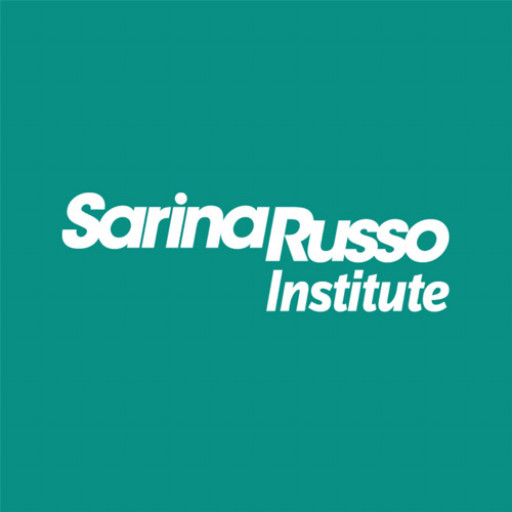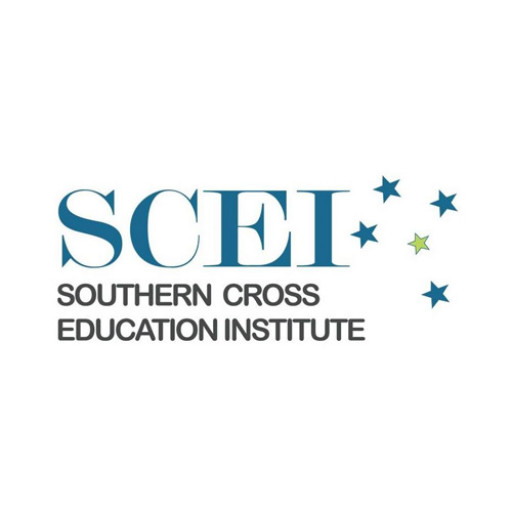Community Services is a comprehensive qualification designed to prepare students for meaningful careers in assisting individuals, families, and communities to improve their quality of life. This program provides learners with the essential skills and knowledge required to work effectively in various community settings, including health and welfare agencies, youth services, aged care, disability support, and migrant and refugee support services. Throughout the course, students engage in a combination of theoretical learning and practical placement experiences, enabling them to develop a deep understanding of social issues, ethical considerations, and best practices within the community services sector.
The curriculum covers a broad range of topics such as communication techniques, person-centered care, cultural sensitivity, case management, mental health awareness, and legal and ethical responsibilities. Students also learn how to plan, implement, and evaluate support programs tailored to diverse populations facing social, health, or economic challenges. Emphasis is placed on fostering empathy, resilience, and cultural competence to ensure future practitioners can work effectively with individuals from different backgrounds.
This qualification is suitable for those seeking to enter the community services industry or currently working in the field looking to enhance their skills and career prospects. Graduates of this program are equipped to undertake roles such as community support worker, youth worker, aged care assistant, disability officer, and case management officer. The program aligns with industry standards and is endorsed by relevant industry bodies to ensure graduates are workforce-ready.
With flexible study options, including full-time, part-time, and online learning, students can balance their studies with personal and work commitments. Upon successful completion, graduates will receive a nationally recognized qualification that opens doors to a wide range of rewarding employment opportunities dedicated to making positive social impacts within communities. This program is committed to empowering students to contribute effectively to community development and support, fostering a more inclusive and supportive society for all.
Community Services encompasses a wide range of fields dedicated to supporting and enriching the lives of individuals and communities. This program at TAFE South Australia provides students with comprehensive knowledge and practical skills necessary to work effectively in the community services sector. Through a combination of theoretical learning and hands-on experience, students explore topics such as child protection, aged care, disability support, mental health, and community development. The curriculum is designed to prepare graduates for diverse roles within community service organizations, government agencies, and non-profit organizations. Students will learn about ethical practices, cultural competence, and effective communication strategies essential for working with diverse populations. The program emphasizes developing critical thinking and problem-solving skills to address complex social issues and support community wellbeing. Throughout the course, students participate in practical placements, allowing them to apply their learning in real-world settings under supervision. This experiential learning component is crucial for building confidence and competence in delivering services that meet clients' needs with professionalism and compassion. Graduates of this program are equipped to pursue careers such as community support worker, youth worker, aged care assistant, disability support worker, case manager, and other roles focused on improving quality of life and promoting social inclusion. The program is designed to be flexible, catering to both full-time and part-time students, with pathways for further study in related fields. By the end of this course, students will have developed a solid foundation in community services, ready to contribute positively to society and make a meaningful difference in people's lives.
Program Requirements
To enroll in the Community Services programs offered by TAFE South Australia, prospective students must meet specific prerequisites and demonstrate certain competencies to ensure they are prepared for the rigors of the curriculum and the demands of working within community settings. Applicants are generally required to have completed secondary education equivalent to Australian Year 12 or possess relevant work experience demonstrating their suitability for the program. For some courses, a current Working with Children Check and a National Police Clearance may be necessary before placement components commence. Additionally, applicants should have basic literacy and numeracy skills to engage effectively with course materials and practical assessments.
Furthermore, applicants from non-English speaking backgrounds are typically required to demonstrate proficiency in English, usually through an IELTS score of 5.5 or equivalent, or an accepted English language test certificate. Prior exposure to community services, volunteering, or related work experience can be advantageous but is not always mandatory. Candidates are often expected to participate in an interview or assessment process to evaluate their motivation, interpersonal skills, and understanding of the community services sector.
For specific programs such as Certificate IV in Community Services or Diploma of Community Services, applicants might need to provide evidence of foundational knowledge in areas like communication, ethics, and social justice. Some courses may also recommend or require completed first aid certification or current certification in CPR, due to the health and safety aspects involved in community work placements.
Students should also be prepared to undertake practical placements which form an integral part of the curriculum. These placements typically require compliance with health and safety regulations, confidentiality agreements, and a commitment to ethical practices within community settings. It is advisable for prospective students to review the detailed entry requirements published on the TAFE SA website or consult with program advisors to ensure they meet all necessary criteria prior to application.
Overall, the program requirements are designed to foster a professional, skilled, and ethical workforce capable of delivering effective community services. Meeting these requirements will support students’ success in completing their training and progressing confidently into employment or further education within the community services sector.
The community services programs offered by TAFE South Australia typically provide a range of financing options to support students in their educational pursuits. Tuition fees for these programs vary depending on the specific qualification, duration, and mode of study, such as full-time or part-time attendance. International students are generally required to pay higher fees compared to domestic students, and fees are usually available on the official TAFE SA website or by contacting the admissions office directly. Students enrolling in community services programs may qualify for government subsidies or concessions, which can significantly reduce the overall cost of study. For example, Australian residents and eligible students might access subsidized training through programs like the Victorian and South Australian Government’s Skills Subsidy initiatives or other state-based funding schemes, which aim to make quality education more accessible.
In addition to government funding, TAFE SA offers various financial assistance options, including payment plans, fee waivers, and scholarships tailored for students pursuing community services qualifications. These scholarships might be based on academic achievement, financial hardship, or specific community engagement criteria. Students are encouraged to explore eligibility requirements early in the application process to maximize available support. Furthermore, many students finance their studies through external sources such as personal savings, family support, or private training loans. TAFE SA also provides guidance on accessing Australian Government loans and financial products, which can help alleviate immediate financial burdens and allow students to focus on their studies.
It is important for prospective students to carefully review the fee structure and available funding options before enrolling. Detailed information about costs, concessions, and financial assistance is typically published on the TAFE SA website and can be obtained from student administration offices. Planning ahead for additional expenses such as textbooks, materials, and transportation is also recommended to ensure comprehensive financial preparation.
Overall, the financing studies of community services programs at TAFE SA are designed to make education accessible and affordable, leveraging a mix of government subsidies, scholarships, payment options, and personal financing strategies to support diverse student needs. The institution is committed to helping students find suitable financial solutions that enable successful completion of their qualification and subsequent contribution to the community services sector.
The Community Services program at TAFE South Australia provides students with comprehensive training aimed at preparing them for a variety of roles within the community support sector. This program emphasizes developing practical skills, theoretical knowledge, and a strong understanding of social services, allowing graduates to effectively contribute to the wellbeing of individuals and communities in need. The curriculum covers key areas such as providing support to vulnerable populations, working with families, assisting with community development projects, and understanding legal and ethical considerations within community services. Students are engaged in hands-on learning experiences, including work placements and industry projects, which enable them to apply their skills in real-world settings and build professional networks within the community sector.
The program is designed to accommodate diverse student backgrounds and may include pathways for further education or specialization in areas such as youth work, disability support, aged care, and mental health. TAFE South Australia ensures that their coursework aligns with industry standards and national competency requirements, equipping graduates with recognized qualifications that facilitate employment across a wide range of community service organizations, government agencies, and non-profit entities.
Throughout the course, students are encouraged to develop strong communication skills, cultural competence, empathy, and problem-solving abilities—traits essential for working effectively with diverse populations. TAFE SA also emphasizes the importance of ethical practice and confidentiality in all aspects of community work. Upon completion, graduates are well-positioned to pursue entry-level roles such as community support worker, youth worker, residential care worker, or case manager.
Additionally, TAFE South Australia offers ongoing support through its industry connections, career advice, and skills update programs. The institution maintains close ties with local employers, ensuring the curriculum remains relevant to current community needs and employment opportunities. The program duration, delivery mode, entry requirements, and cost may vary, and prospective students are encouraged to consult the TAFE SA website or contact admissions for the most current information. Overall, the Community Services program aims to empower students to make meaningful contributions to society while building rewarding careers in this vital sector.









